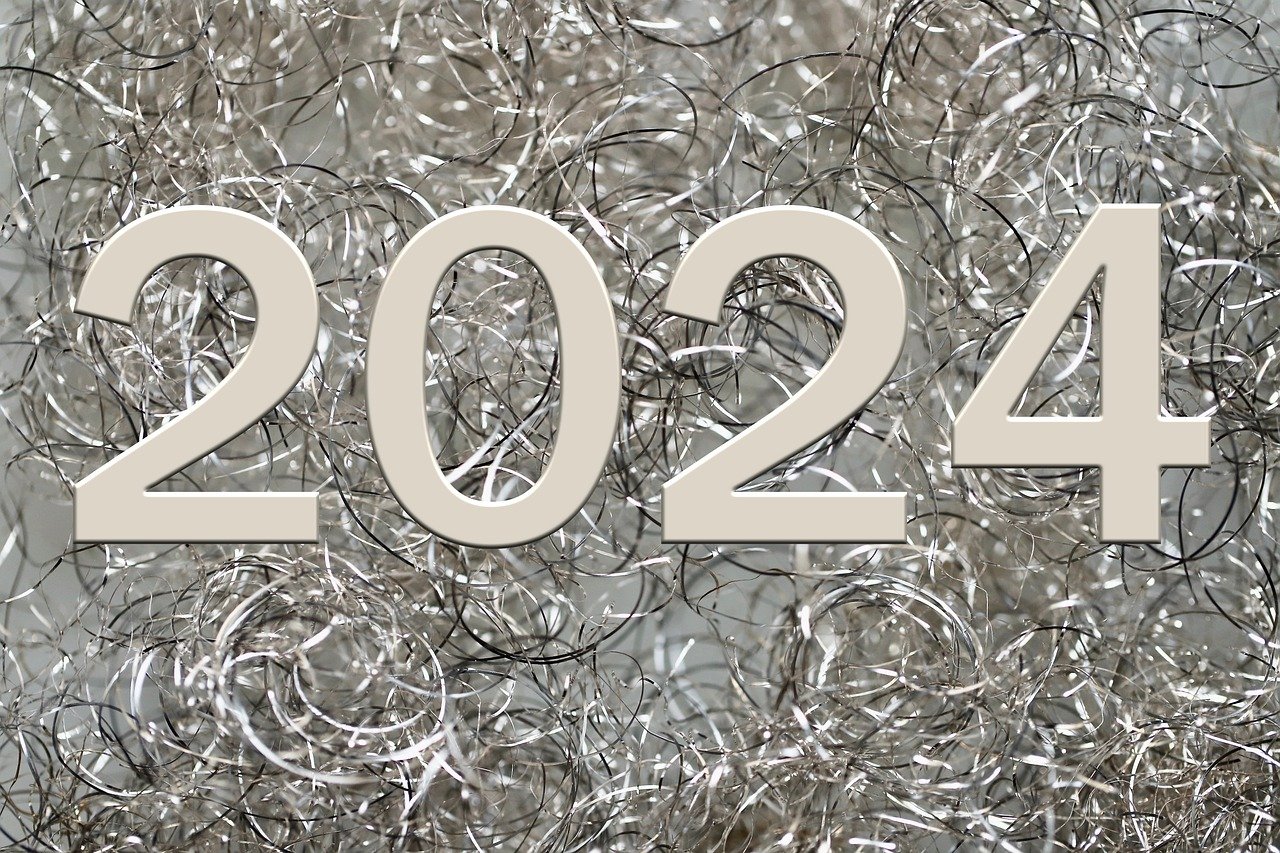
ΑΙhub.org
2024 digest of digests

So much has happened in the AI space over the course of the past 12 months. We’ve reported on some of the larger, and lesser-covered, stories in our regular monthly digests. We look back through the archives and pick out one story from each of our digests.
January 2024
Interview with Bo Li: A comprehensive assessment of trustworthiness in GPT models
Bo Li and colleagues won an outstanding datasets and benchmark track award at NeurIPS 2023 for their work DecodingTrust: A Comprehensive Assessment of Trustworthiness in GPT Models. In this interview, Bo told us about the research, the team’s methodology, and key findings.
February 2024
AAAI 2024 takes place
This month saw the running of the 38th Annual AAAI Conference. We have published a number of articles covering the event, including a write-up of Milind Tambe’s invited talk, the conference awards and outstanding papers, social media round-ups (part one | part two), and summaries of some of the workshops (part one, part two, part three, part four). We’ve also heard from authors about work presented at the conference: The moderating effect of instant runoff voting, and Proportional aggregation of preferences for sequential decision making. You can also read our series of interviews with some of the students that formed the 2024 doctoral consortium cohort.
March 2024
Interview with Francesca Rossi
“AI used to be a scientific and technical field, now it has become a socio-technical discipline.” AIhub ambassador Andrea Rafai caught up with AAAI President Francesca Rossi to ask about her research, regulation of AI, and the UN sustainable development goals: Interview with Francesca Rossi – talking sustainable development goals, AI regulation, and AI ethics.
April 2024
Open vs closed science
The AIhub coffee corner captures the musings of the AIhub trustees over a short conversation. In April, our experts considered the debate around open vs closed science.
May 2024
European Union AI Act approved
On 21 May, the Council of the EU formally signed off the Artificial Intelligence Act. The legislative act came into force about two weeks’ later, with the new regulations to be phased in over the course of the coming months and years. The legislation is designed to follow a risk-based approach, with the higher the risk a system poses, the stricter the rules relating to its use.
June 2024
Meeting AAAI Fellow Professor Mausam
Each year the AAAI recognizes a group of individuals who have made significant, sustained contributions to the field of artificial intelligence by appointing them as Fellows. We met with some of the 2024 cohort. In the first interview in the series, we met Professor Mausam and found out about his research, career path, mentorship, and why it is important to add some creative pursuits to your life.
July 2024
Robots galore at RoboCup 2024
RoboCup is an international scientific initiative with the goal of advancing the state of the art of intelligent robots. The showcase event is an international affair with teams travelling from far and wide to put their machines through their paces. This year, RoboCup 2024 took place in Eindhoven, with around 2,000 roboticists converging on the venue. We were lucky enough to be able to attend in person this year and wrote a daily digest about the action, focussing on a few of the different leagues each day. You can see the write-ups here: 19 July | 20 July | 21 July.
August 2024
Interview with Anima Anandkumar – Neural Operators for science problems
Anima Anandkumar is the inventor of Neural Operators which extend deep learning to modelling multi-scale processes in many scientific domains, including weather and climate modelling, drug discovery, and engineering design problems. As part of our series of interviews with the 2024 AAAI Fellows, Anima tells us about Neural Operators and how she has applied them to many important science and engineering problems.
September 2024
Global AI Research Agenda and Playbook
September saw the release of two complimentary reports from the US Government: the Global AI Research Agenda and the AI in Global Development Playbook. These documents are designed to guide future research on artificial intelligence and its use in advancing the UN Sustainable Development Goals.
October 2024
Nobel Prizes in physics and chemistry awarded for machine learning research
On 8 and 9 October respectively, the much-anticipated physics and chemistry Nobel Prizes for 2024 were announced. Both prizes celebrated machine learning-related research, with the physics prize going to John Hopfield and Geoffrey Hinton “for foundational discoveries and inventions that enable machine learning with artificial neural networks”, and the chemistry prize divided between David Baker “for protein structure prediction”, and Demis Hassabis and John Jumper “for protein structure prediction”. You can find out more about the awards, and links to the scientific background here.
November 2024
Harnessing AI for a climate-resilient Africa: An interview with Amal Nammouchi
In November, we had the pleasure of chatting to Amal Nammouchi, co-founder of AfriClimate AI, a grassroots community focused on using artificial intelligence to tackle climate challenges in Africa. Amal told us about the inspiration behind the initiative, some of their activities and projects, and plans for the future.
December 2024
Attending NeurIPS 2024
We were lucky enough to attend the thirty-eighth Conference on Neural Information Processing Systems (NeurIPS 2024) which took place in Vancouver. On the first day of the event we held a session on science communication for AI researchers. It was great to see so many people there, and so many thoughtful questions following our presentation. You can find the webpage for the session here. The 2024 awards for outstanding main track papers (and runners-up), outstanding datasets and benchmarks paper, and the test-of-time award were announced during the opening ceremony. You can find out who won here. You can also find out what participants got up to in our two social media summaries: #NeurIPS2024 social media round-up part 1 | #NeurIPS2024 social media round-up part 2.
tags: AAAI, monthly digest, NeurIPS, RoboCup










